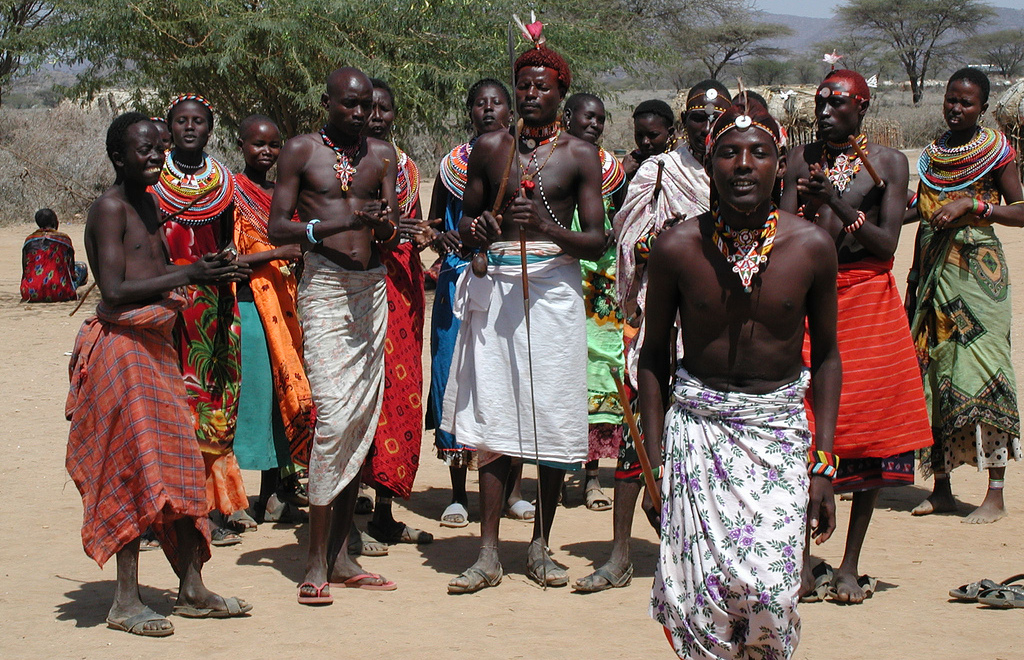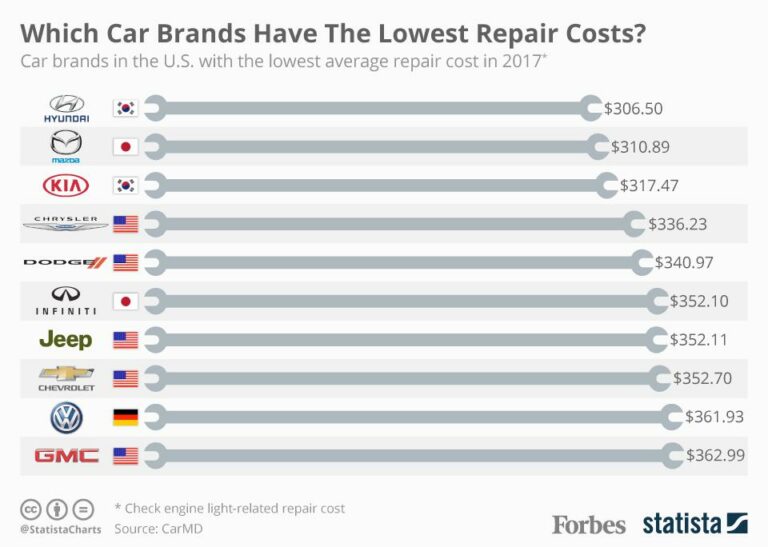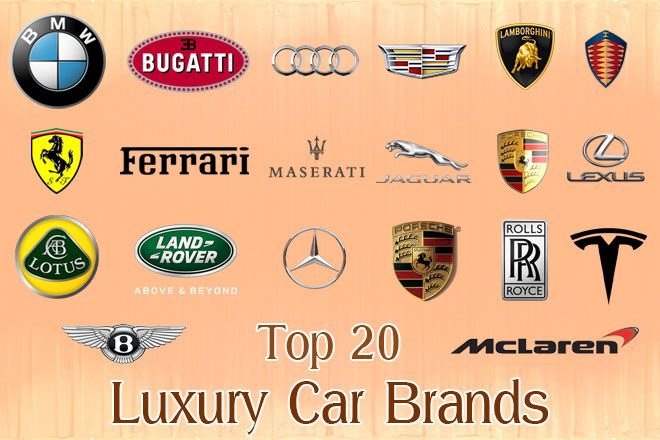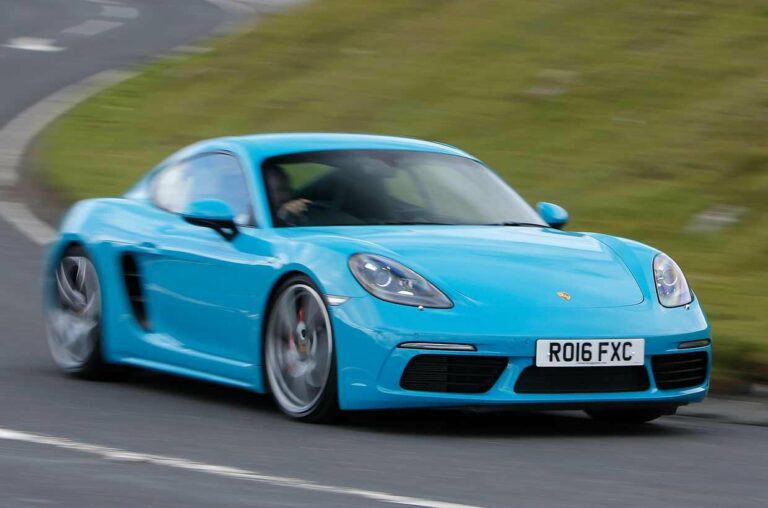African Car Brands: Paving the Way for Automotive Innovation on the Continent
African Car Brands: Paving the Way for Automotive Innovation on the Continent cars.truckstrend.com
The narrative of Africa is often one of immense potential, untapped resources, and a rapidly growing population. While the continent has long been a significant market for global automotive giants, a quiet yet powerful revolution is underway: the emergence of authentic African car brands. These are not merely assembly plants for foreign manufacturers, but rather home-grown initiatives driven by local visionaries, engineers, and entrepreneurs aiming to design, develop, and produce vehicles tailored for the African market, by Africans.
The rise of African car brands signifies much more than just industrial progress; it represents a profound shift towards economic self-reliance, job creation, technological advancement, and a powerful assertion of national pride. By manufacturing vehicles locally, these brands contribute to industrialization, foster a skilled workforce, reduce reliance on costly imports, and create a robust value chain that benefits numerous ancillary industries. While the journey is fraught with challenges, the growing momentum indicates a promising future for automotive innovation on the continent.
African Car Brands: Paving the Way for Automotive Innovation on the Continent
The Landscape of African Automotive Manufacturing
Historically, Africa’s automotive sector has been dominated by international Original Equipment Manufacturers (OEMs) establishing assembly plants, primarily in South Africa, Egypt, and Morocco, to serve local and regional markets. While these operations provided jobs and some level of technology transfer, the intellectual property, design, and core manufacturing processes largely remained outside the continent.
The distinction between "assembly" and "local manufacturing/branding" is crucial. True African car brands aim to control more of the value chain, from design and engineering to parts sourcing (increasingly local content) and final assembly. This pursuit is driven by the desire to create vehicles specifically suited to African conditions – the challenging road networks, varying climates, and unique consumer preferences – rather than simply adapting foreign models.
Today, the automotive landscape in Africa is a mosaic of established assembly hubs and nascent but ambitious local manufacturing initiatives. South Africa remains the most developed automotive hub, attracting significant foreign direct investment and boasting a mature component manufacturing sector. However, countries like Nigeria, Ghana, Uganda, Tunisia, and Morocco are now actively fostering their own domestic brands, recognizing the strategic importance of a self-sufficient automotive industry.
Prominent African Car Brands and Initiatives
Several pioneering brands are leading the charge, each with its unique story, focus, and challenges:
Innoson Vehicle Manufacturing (IVM) – Nigeria
History & Focus: Founded by Chief Innocent Chukwuma in Nnewi, Anambra State, Innoson Vehicle Manufacturing (IVM) is arguably West Africa’s first indigenous vehicle manufacturing company. Starting from manufacturing motorcycle parts and later motorcycles, Innoson transitioned into vehicle manufacturing with a clear vision: to produce durable, affordable vehicles specifically designed for the Nigerian and broader African market.
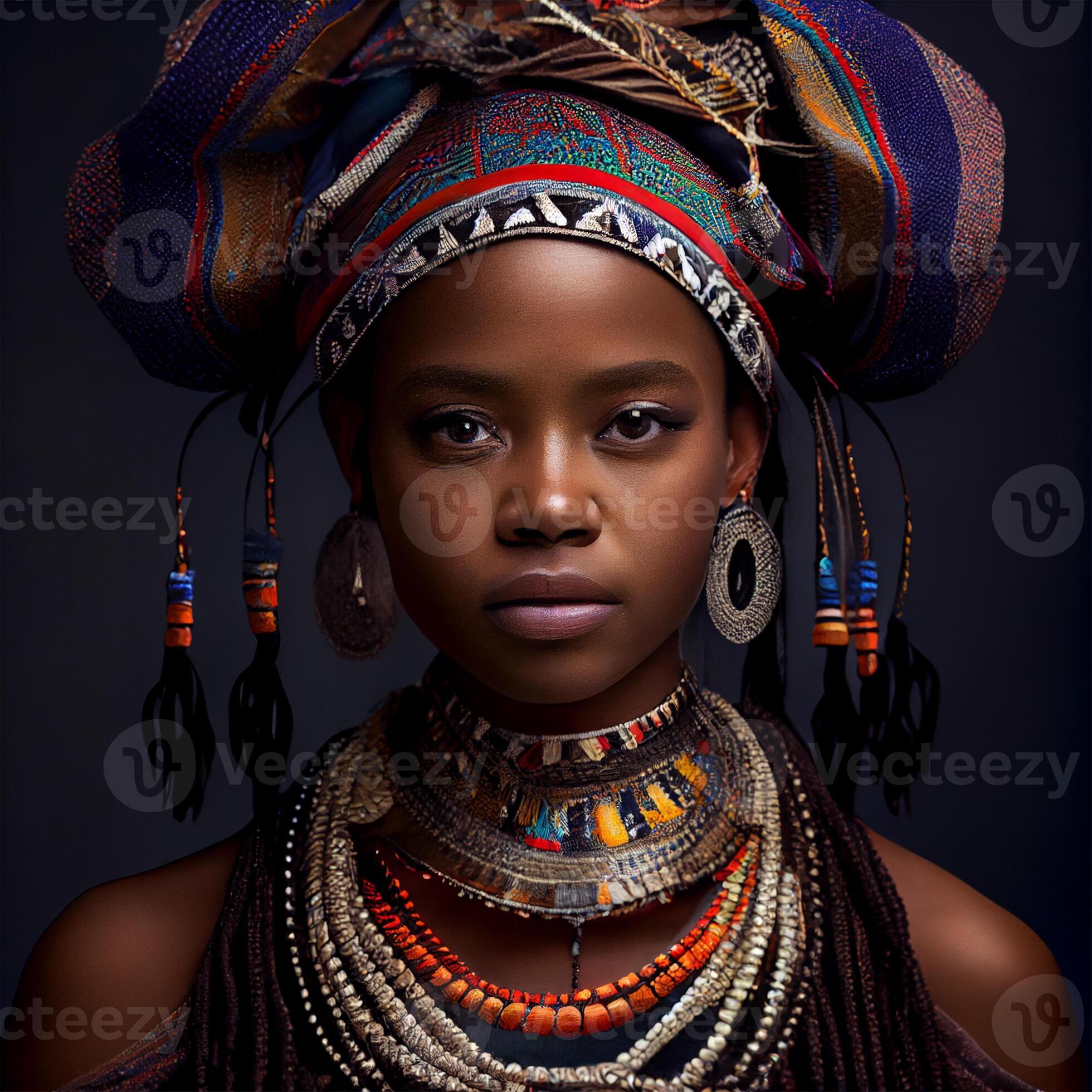
Vehicle Range: IVM produces a wide array of vehicles, including SUVs (e.g., Innoson Ikenga, G5T), sedans (e.g., Innoson Fox, Umu), buses (for commercial and public transport), pickups, and even heavy-duty trucks. They prioritize local content, sourcing materials like plastics, leather, and even some steel locally to reduce production costs and foster local industries.
Unique Selling Proposition (USP): IVM’s primary strength lies in its commitment to building vehicles that can withstand the often-harsh African road conditions. Their vehicles are known for their robust chassis, higher ground clearance, and simpler maintenance, making them practical choices for local consumers and businesses.
Challenges: Despite its significant strides, IVM faces challenges related to inconsistent government policy, limited access to affordable financing, and intense competition from established global brands and used car imports. However, the company continues to expand its production capacity and vehicle lineup.
Kantanka Automobile – Ghana
History & Focus: Kantanka Automobile Company Limited was founded by Apostle Dr. Ing. Kwadwo Safo Kantanka, a renowned Ghanaian inventor and innovator. Kantanka’s approach is unique, blending indigenous technology with modern engineering principles. The company’s vision is to demonstrate Ghana’s capacity for technological innovation and reduce its reliance on imported vehicles.

Vehicle Range: Kantanka produces SUVs (e.g., Kantanka Omama, Kantanka K71), pickups, and sedans. They have also ventured into electric vehicles (EVs) with prototypes like the Kantanka Amoanimaa EV and are known for showcasing innovative features, some of which are conceptual and demonstrate their R&D capabilities.
Unique Selling Proposition (USP): Kantanka emphasizes local innovation, R&D, and the integration of unique features, sometimes incorporating elements of traditional Ghanaian design or technology. Their vehicles are positioned as robust and capable of handling local terrains.
Challenges: Similar to other African brands, Kantanka grapples with scaling production, attracting significant investment, and overcoming consumer perceptions that sometimes favor foreign brands. However, strong government support and nationalistic pride provide a solid foundation.
Kiira Motors Corporation (KMC) – Uganda
History & Focus: Kiira Motors Corporation (KMC) originated from a student project at Makerere University, which in 2011 produced Africa’s first electric car, the Kiira EV SMACK. This initiative quickly garnered government support, transforming into a state-owned enterprise with a mandate to champion sustainable mobility solutions for Uganda and East Africa.

Vehicle Range: KMC’s primary focus is on electric and hybrid vehicles. Their flagship products include the Kayoola EVS (an electric city bus) and the Kayoola Solar Bus (a solar-powered electric bus). They also continue to develop passenger vehicle prototypes like the Kiira EV SMACK and the Kiira Motors Sedan.
Unique Selling Proposition (USP): KMC is at the forefront of electric vehicle technology in East Africa, aiming to provide eco-friendly, energy-efficient transport solutions. Their focus on sustainable mobility aligns with global trends and positions Uganda as a potential leader in green automotive technology on the continent.
Challenges: As an EV pioneer, KMC faces significant challenges, including the high cost of EV components, the nascent EV charging infrastructure in Uganda, and the need for substantial government funding and private investment to scale production.
Laraki – Morocco
History & Focus: Founded by Abdeslam Laraki, a Moroccan designer and entrepreneur, Laraki is distinct from the other brands mentioned. Instead of mass-market vehicles, Laraki specializes in the design and manufacturing of ultra-luxury sports cars and supercars. The company made its debut at the 2002 Geneva Auto Show.
Vehicle Range: Laraki has produced stunning prototypes and limited-production models like the Laraki Fulgura, Laraki Borac, and the truly exclusive Laraki Epitome. These vehicles feature powerful engines, exquisite design, and bespoke craftsmanship, competing in the elite segment of the global automotive market.
Unique Selling Proposition (USP): Laraki showcases Africa’s capability in high-end design, engineering, and luxury craftsmanship. It represents an aspirational segment, demonstrating that African innovation isn’t limited to utilitarian vehicles but can also compete at the pinnacle of automotive luxury and performance.
Challenges: Operating in the hyper-exclusive supercar market means Laraki faces intense competition from established European giants. Its success relies on attracting a very niche, wealthy clientele and maintaining an image of unparalleled luxury and performance.
Wallyscar – Tunisia
History & Focus: Wallyscar, founded in 2006 by Zied Guiga, is a Tunisian car manufacturer known for its compact, customizable, and affordable vehicles. The company aims to produce fun, practical cars suited for urban environments and the specific needs of the Tunisian and broader North African markets.
Vehicle Range: Wallyscar’s most recognized model is the Iris, a compact SUV-like vehicle. They also produce models like the Izis. Their vehicles are often characterized by vibrant colors, customizable options, and a design philosophy that prioritizes practicality and a light footprint. They also emphasize the use of local materials, such as wood for certain interior elements.
Unique Selling Proposition (USP): Wallyscar focuses on affordability, customization, and suitability for local conditions. Their vehicles are designed to be robust, easy to maintain, and environmentally conscious, making them popular among younger buyers and those seeking unique, practical transport.
Challenges: While successful in its niche, Wallyscar faces competition from imported compact cars and the challenge of scaling production for broader regional or international markets.
Other Notable Mentions:
- Mureza Auto Co. (Zimbabwe/South Africa): A newer entrant with a pan-African vision, aiming to produce affordable sedans and SUVs (e.g., Prim8, T-One) with assembly plants planned across the continent.
- Perana Performance Group (South Africa): Known for the Perana Z-One sports car, demonstrating South Africa’s advanced design and engineering capabilities.
Key Factors Driving and Hindering Growth
The journey for African car brands is a complex one, influenced by a myriad of factors:
Drivers of Growth:
- Growing Middle Class and Demand: Africa’s rapidly expanding population and burgeoning middle class represent a massive, largely untapped market for new vehicles.
- Government Support and Policy: Many African governments are increasingly recognizing the importance of local automotive manufacturing and are implementing policies such as local content requirements, tax incentives, and import restrictions to support domestic brands.
- Resource Availability: The continent possesses vast reserves of raw materials essential for vehicle manufacturing, including iron ore, aluminum, and minerals crucial for EV batteries (e.g., cobalt, lithium).
- Pan-African Trade Agreements (AfCFTA): The African Continental Free Trade Area (AfCFTA) promises to create a single market, potentially boosting intra-African trade and creating economies of scale for manufacturers.
- Local Relevance: African brands have the inherent advantage of designing vehicles specifically for local conditions – rugged roads, hot climates, and consumer preferences for durability and affordability.
Challenges and Hindrances:
- Funding and Investment: Automotive manufacturing is highly capital-intensive, and securing sufficient funding and investment remains a major hurdle for many African startups.
- Infrastructure Deficiencies: Poor road networks, unreliable power supply, and inadequate logistics infrastructure increase production costs and hinder efficient distribution.
- Skills Gap: There is a significant shortage of skilled engineers, technicians, and designers required for advanced automotive manufacturing, leading to reliance on expatriate talent or slower development.
- Competition from Global Brands: Established international OEMs, with their vast resources, R&D capabilities, and strong brand recognition, pose formidable competition.
- Supply Chain Issues: African manufacturers often rely heavily on imported components, making them vulnerable to global supply chain disruptions and currency fluctuations. Building robust local supply chains is crucial but challenging.
- Policy Inconsistency and Instability: Political instability and frequent changes in government policies can create an uncertain investment climate, deterring long-term commitments.
- Consumer Perception: Many African consumers still perceive foreign-made vehicles as superior in quality and reliability, posing a challenge for local brands to build trust and market share.
Practical Advice and Actionable Insights
For African car brands to truly flourish, a concerted effort from multiple stakeholders is required:
-
For Governments:
- Develop Clear & Consistent Policies: Implement long-term, stable industrial policies that support local manufacturing, offer attractive incentives, and protect emerging industries without stifling competition.
- Invest in Infrastructure: Prioritize investment in critical infrastructure, including roads, reliable energy supply, and logistics networks.
- Foster Skills Development: Establish vocational training centers, engineering programs, and apprenticeships to build a skilled workforce tailored to the automotive industry’s needs.
- Promote Local Content: Encourage and incentivize the development of local component manufacturing industries.
-
For Entrepreneurs & Investors:
- Focus on Niche Markets: Identify specific market gaps or needs that global brands overlook (e.g., ultra-rugged vehicles, specific commercial vehicles, affordable EVs).
- Leverage Local Resources: Maximize the use of locally available raw materials and human capital.
- Embrace Innovation: Invest in R&D, particularly in areas like electric vehicles, smart mobility solutions, and connectivity, which can leapfrog older technologies.
- Seek Partnerships: Collaborate with international technology providers, component manufacturers, and even other African brands to share knowledge, resources, and market access.
-
For Consumers:
- Support Local Brands: Consider purchasing locally manufactured vehicles to directly contribute to job creation and economic growth.
- Provide Feedback: Engage with local manufacturers, offering constructive feedback to help them improve product quality and service.
-
For the Industry as a Whole:
- Cross-Border Collaboration: Foster partnerships and collaborations among African manufacturers to achieve economies of scale, share best practices, and develop a stronger regional supply chain.
- Standardization: Work towards regional standardization of automotive parts and regulations to facilitate intra-African trade.
Overview Table of African Car Brands
| Brand Name | Country of Origin | Primary Vehicle Types | Market Segment / Price Range (Estimated USD)* | Key Focus / USP |
|---|---|---|---|---|
| Innoson Vehicle Manufacturing (IVM) | Nigeria | SUVs, Sedans, Buses, Pickups, Trucks | Mid-range (approx. $15,000 – $45,000+) | Local content, durability, affordability; designed for African roads. |
| Kantanka Automobile | Ghana | SUVs, Pickups, Sedans, Electric Vehicles (EVs – prototypes) | Mid-range to Upper-Mid (approx. $18,000 – $55,000+) | Local innovation, R&D; blending traditional knowledge with modern tech; robust design. |
| Kiira Motors Corporation (KMC) | Uganda | Electric Buses, Electric Sedans (prototypes) | High-End / Commercial Fleet (Buses: $100,000+ est.) | Sustainable mobility, pioneering electric vehicle development in East Africa. |
| Laraki | Morocco | Luxury Sports Cars, Supercars | Ultra High-End ($1,000,000+) | Exclusivity, performance, bespoke luxury; showcases high-end African design & engineering. |
| Wallyscar | Tunisia | Compact SUVs, Small Urban Vehicles | Affordable / Entry-level (approx. $10,000 – $25,000) | Customizable, practical, fun, suited for local conditions; use of local materials. |
| Mureza Auto Co. | Zimbabwe/South Africa | Sedans, SUVs | Affordable / Mid-range (approx. $12,000 – $30,000) | Pan-African manufacturing vision, aiming for affordability and accessibility across the continent. |
*Note: Prices are estimated and subject to significant variation based on specific model, trim level, local taxes, import duties, and market conditions. They are provided as a general guide to the segment each brand operates within.
Frequently Asked Questions (FAQ) about African Car Brands
Q1: Are there truly "African" car brands, or just assembly plants for foreign companies?
A1: While many foreign car companies have assembly plants in Africa, a growing number of truly "African" car brands are emerging. These brands, like Innoson (Nigeria), Kantanka (Ghana), Kiira Motors (Uganda), Laraki (Morocco), and Wallyscar (Tunisia), are conceptualized, designed, and increasingly manufactured by local entrepreneurs and engineers, with a focus on local content and addressing specific African market needs.
Q2: What are the biggest challenges facing African car manufacturers?
A2: Key challenges include: securing sufficient funding and investment (high capital expenditure), inadequate infrastructure (poor roads, unreliable power), a shortage of skilled labor, intense competition from established global brands and used car imports, reliance on imported components for their supply chains, and sometimes inconsistent government policies.
Q3: Which African country is leading in car manufacturing?
A3: South Africa currently has the most developed automotive industry, acting as a major hub for international OEMs and component manufacturing. However, countries like Nigeria, Ghana, Uganda, and Morocco are making significant strides in fostering their own indigenous car brands and increasing local production.
Q4: Can African cars compete with international brands in terms of quality and technology?
A4: African car brands are continuously improving their quality, design, and technology. While some may not yet have the R&D budgets of global giants, they often excel in designing vehicles that are uniquely suited to African conditions (e.g., durability, higher ground clearance). Brands like Kiira Motors are also at the forefront of EV technology on the continent. The perception of quality is a journey, and they are building trust step by step.
Q5: Are African car brands available for export?
A5: Some African car brands have started exploring export opportunities, primarily within the African continent. For example, Innoson has exported to other West African countries, and Wallyscar aims for regional markets. Laraki, being a luxury brand, caters to a global high-net-worth clientele. The African Continental Free Trade Area (AfCFTA) is expected to significantly boost intra-African trade for these brands.
Q6: What is the future of electric vehicles (EVs) in Africa?
A6: The future of EVs in Africa is promising but challenging. Brands like Kiira Motors are pioneering EV development, especially for public transport. The continent has vast reserves of critical minerals for EV batteries (e.g., cobalt, lithium). Challenges include the high initial cost of EVs, limited charging infrastructure, and grid reliability. However, the long-term benefits of reduced fuel costs and environmental impact make EVs a significant part of Africa’s automotive future.
Concluding Summary
The emergence of African car brands marks a pivotal moment in the continent’s industrialization and economic development. From Nigeria’s robust Innoson vehicles built for challenging terrains to Uganda’s pioneering electric buses by Kiira Motors, Ghana’s innovative Kantanka, Morocco’s luxurious Laraki supercars, and Tunisia’s customizable Wallyscar, these brands are demonstrating Africa’s capability to innovate, design, and manufacture.
While the path ahead is undoubtedly challenging, fraught with issues like funding, infrastructure, and fierce global competition, the determination of these pioneers is undeniable. With growing government support, increasing intra-African trade facilitated by agreements like AfCFTA, and a rising consumer base eager for locally relevant solutions, African car brands are not just building vehicles; they are building self-reliance, fostering technological independence, and driving a new narrative of progress and ingenuity for the continent. The journey has just begun, but the wheels of African automotive innovation are firmly in motion, paving the way for a dynamic and self-sufficient future.
